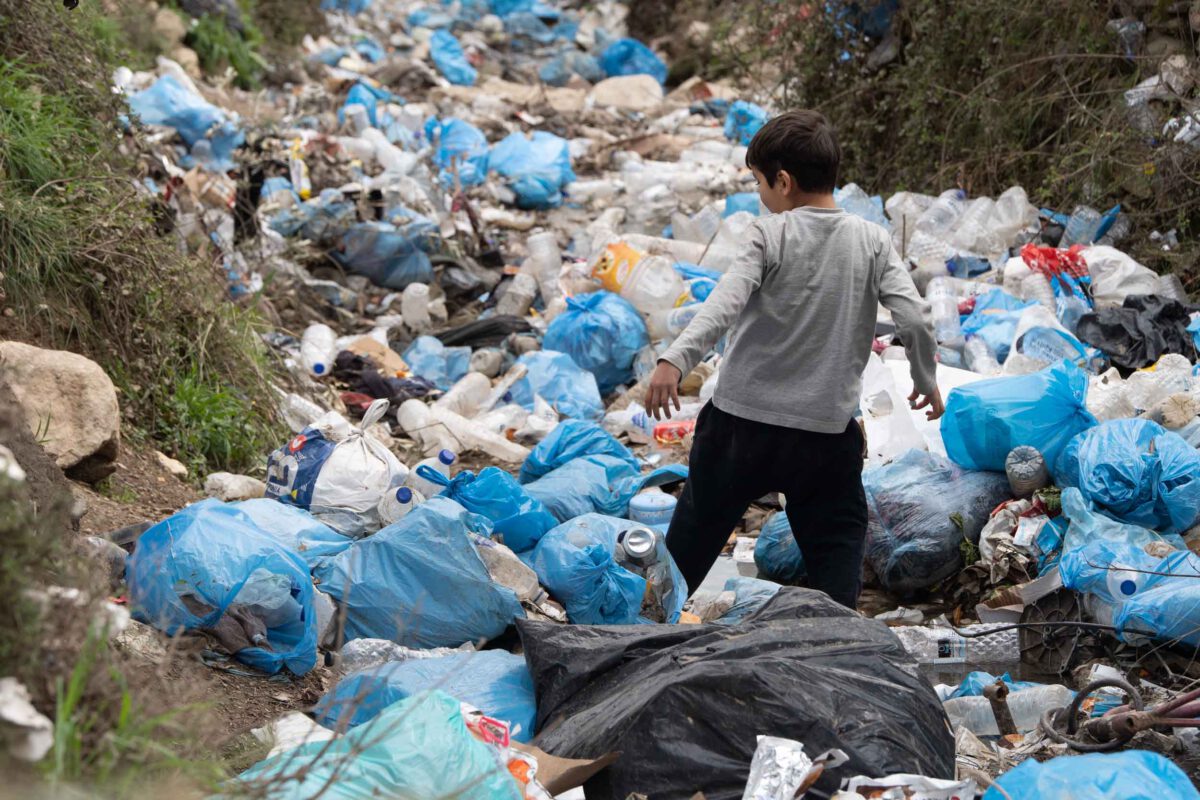Question: Readmissions between Turkey and Greece

Greece rejects asylum applications from people seeking protection and issues exit orders to Turkey. However, Turkey has not allowed any readmissions for over a year now – people have to leave, but cannot. This leads to a situation „of eternal refugees“ who live in Greece in miserable conditions because they no longer receive benefits.
I asked the EU Commissionwhether this practice is compatible with EU law. In its reply, the Commission statesthat the practice of denying benefits is contrary to European law. Now, at long last, the Greek Government must also comply with the EU directive and, therefore, with applicable law. Unfortunately, however, we currently have a situation both in the camps and at the external borders in which the Greek Government is obviously breaking the law and getting away with it.
You can find my complete question and the Commission's answer here:
My request
Subject: Readmissions between Greece and Turkey
Although Turkey has not allowed readmissions since March 2020, the Greek authorities issue decisions on the voluntary departure of Syrian nationals whose applications have been rejected as inadmissible in a final decision (Turkey is considered a "safe third country" for them). These individuals must leave Greece within 10, 15 or 30 days, although their applications have not been examined on their merits. However, they are not allowed to enter Turkey and cannot return to Syria due to the ongoing conflict. This has led to a situation of "perpetual refugees". At the same time, they no longer have access to material benefits granted under the reception scheme and are exposed to precarious living conditions against the backdrop of a second wave of the COVID-19 pandemic in Greece, which has led to severe exit restrictions.
(1) Is that practice compatible with Article 38(4) of Directive 2013/32/EU?
2. is it compatible with Articles 13 and 3 of the European Convention on Human Rights (ECHR) and Articles 4 and 18 of the Charter of Fundamental Rights of the European Union?
3. whether the expulsion of such persons and their exclusion from material reception conditions is compatible with Article 3 of the ECHR and Article 4 of the Charter of Fundamental Rights of the European Union?
Answer given by Ylva Johansson on behalf of the European Commission on 01.06.2021
The Commission is aware of the increasing number of Syrian nationals on the Greek islands whose asylum applications have been finally rejected by the Greek Asylum Service, following the fact that Turkey has been declared a safe third country under the EU-Turkey Declaration.[1] was declared inadmissible.
Turkey suspended returns from Greece in March2020 in the context of COVID-19 restrictions, and although Greece and the Commission have repeatedly called for returns to resume in accordance with the EU-Turkey Statement, Turkey has not yet complied with this request.
In Article 38(4) of the Asylum Procedures Directive[2] states that 'where the third country does not allow the applicant to enter its territory, Member States must ensure that access to an [asylum] procedure is granted'. In line with this provision, applicants whose application has been declared inadmissible may therefore reapply[3]. When re-examining and deciding on these applications, Greece must take into account the circumstances at the time of the (re-)examination of each application, including with regard to the prospects of return in accordance with the EU-Turkey Statement. In the meantime, applicants shall have access to material reception conditions in accordance with the Charter of Fundamental Rights of the European Union, EU law and national law.[4].
The Commission is in close contact with the Greek authorities on the issue raised by the Honourable Member. The EU remains committed to the full implementation of the EU-Turkey Statement, which is the main framework for cooperation between the EU and Turkey on migration issues. This partnership is based on mutual trust and action, which requires commitment and continuous efforts from all sides.
[1] See https://www.consilium.europa.eu/de/press/press-releases/2016/03/18/eu-turkey-statement/
[2] See Directive 2013/32/EU of the European Parliament and of the Council of 26 June 2013 on common procedures for granting and withdrawing international protection. (OJ L180, 29.6.2013, p.60).
[3] See Joined Cases C-924/19PPU and C-925/19PPU, paragraph175ff.
[4] See Directive2013/33/EU.